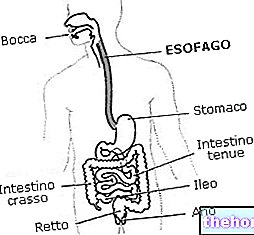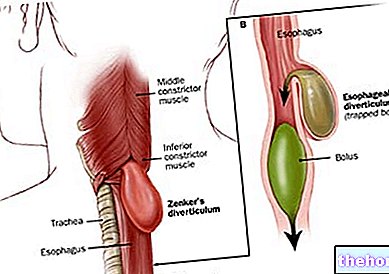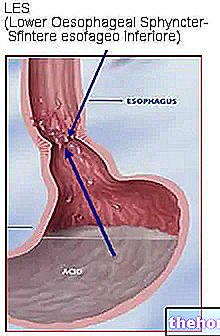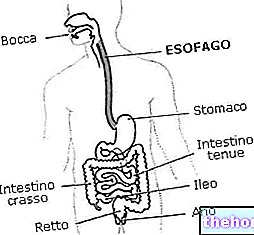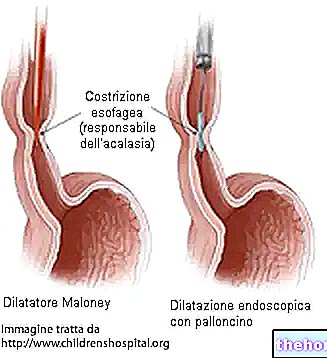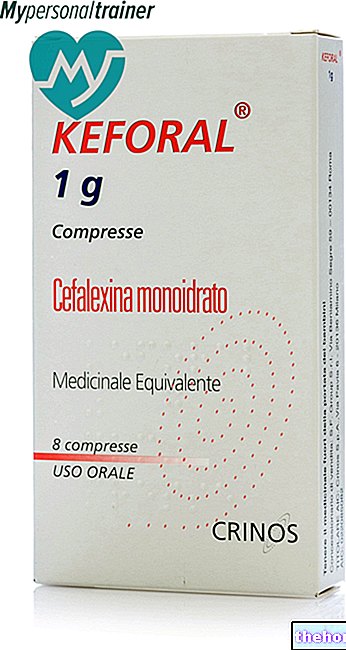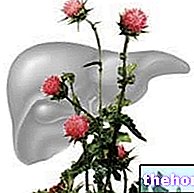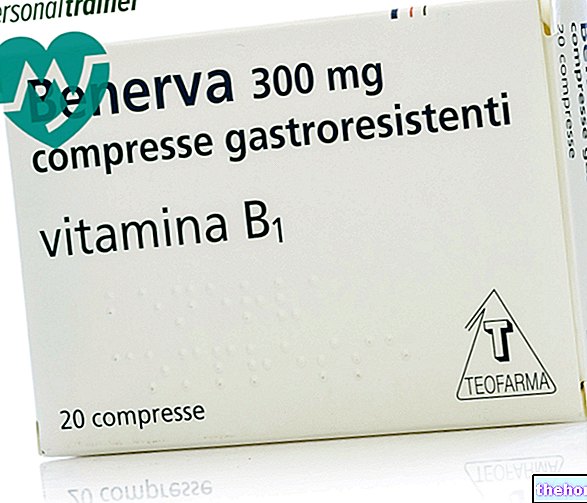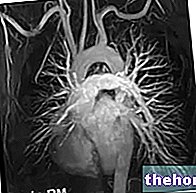Generality
Gastroesophageal reflux is the abnormal rise in the acid content of the stomach into the esophagus.
This phenomenon can be sporadic or chronic; when it takes on the contours of a chronic problem, doctors more properly speak of gastroesophageal reflux disease.
A chronic cause of gastroesophageal reflux is the malfunction of the cardia, that is the valve located between the esophagus and the stomach, responsible for preventing the ascent of the food present in the stomach.

The conditions that favor the onset of gastroesophageal reflux disease include: obesity, cigarette smoking, alcoholism, pregnancy, hiatal hernia, asthma, excessive consumption of fatty foods, constant of certain medicines (eg anxiolytics, anticholinergics, etc.), stress and gastroparesis.
Typical symptoms of gastroesophageal reflux disease consist of: heartburn, chronic acid regurgitation, sore throat, hoarseness, chest pain, dysphagia, bad breath, cough and shortness of breath.
Typically, the diagnosis of this widespread condition is based on physical examination and history. However, in some circumstances, more in-depth tests are essential, such as gastroscopy and / or 24-hour esophageal pH-metry.
As a rule, therapy is pharmacological; however, if the drugs do not work, there is the possibility of resorting to surgical treatments.
A healthy lifestyle (e.g. not smoking or consuming too much fatty foods) helps control symptoms.

